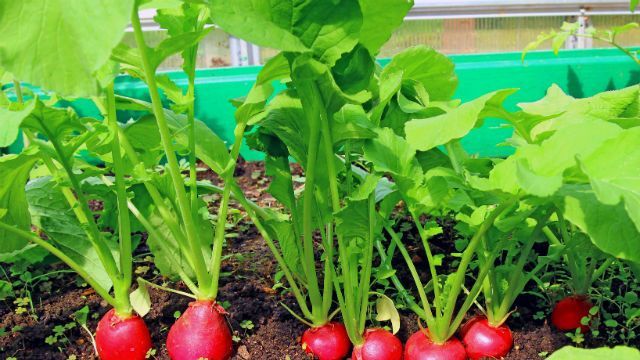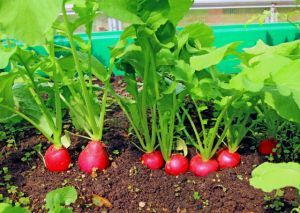
It’s no secret that the price of food nowadays is significantly higher than it was even one year ago. Due to a variety of factors, including weather, virus outbreaks and consumer demand, many of us are finding that we shell out way too many of our hard-earned dollars at the grocery store each week.
According to Sterling Marketing, wholesale beef prices are up 23 percent since just last year, due to a drought that affected many cattle herds a couple of years ago. The wholesale price increase of pork is even more dramatic, with prices up 56 percent thanks to a virus outbreak. These rising wholesale prices translate to higher prices for consumers.
The price of citrus fruit is also soaring this year, due to citrus greening, a crop disease caused by an insect that affect citrus. For example, the price of oranges is up 23 percent due to this disease. Coffee prices are also soaring: up 17 percent due to recent droughts. And the price of chicken is up by 5 percent.
So what are we to do in the face of these rising food costs, and a tight budget to uphold? The following are several tips to eat healthily without breaking the bank:
Buy seasonal, local produce. Purchasing seasonal fruits and veggies from local farmers not only supports your community, it also often gives you the highest quality, organic produce for less. Just make sure to ask your local farmers about their practices, making sure that they do not use pesticides or GMO seeds.
Grow your own food. A small backyard garden, or even several well-placed window boxes, are all you need to grow fresh veggies, herbs and even certain fruits. This can save you an extraordinary amount of money. Foods such as beans, tomatoes, strawberries and sweet potatoes are very easy to grow, even if you don’t have much gardening experience.
Buy and cook in bulk. Bulk cooking is a very budget-friendly practice, as many stores offer discounts for purchasing in bulk. Making a large amount of food at once and freezing it for later use also stretches your ingredients further, and saves you time throughout the week.
Search for coupons. Many grocery retailers offer coupons either in-store, through the mail or online. When there is a special on a certain item that you can incorporate into a variety of meals, buy more of that item, and use it in your bulk preparations.
Limit your meat intake. Instead of eating meat every day (as many of us do), choose vegetarian proteins, such as beans and rice, or quinoa and chia seeds, to add to a meal mostly consisting of seasonal fruits and veggies.
If you choose to eat meat, limit it to one meal per day. When you purchase meat, you may want to consider buying a larger portion of the animal, instead of cut-up portions, because that may cost less.
It is always worth it to choose organic, grass-fed meats because while they may be a bit pricier and you may have to eat them less often, the health benefits are really worth it. When it comes down to it, compromising our health today by choosing to eat poorly may end up costing us a lot more in the long term – both monetarily and in the quality of our lives.
 By planning ahead, and shopping (or gardening) ‘smart,’ you can eat healthily and organic even in the face of soaring food costs.
By planning ahead, and shopping (or gardening) ‘smart,’ you can eat healthily and organic even in the face of soaring food costs.
-The Alternative Daily
Sources:
http://www.usatoday.com/story/money/business/2014/04/16/cpi-shows-food-prices-rising/7742669
http://247wallst.com/special-report/2014/04/17/10-fastest-rising-food-prices/2

